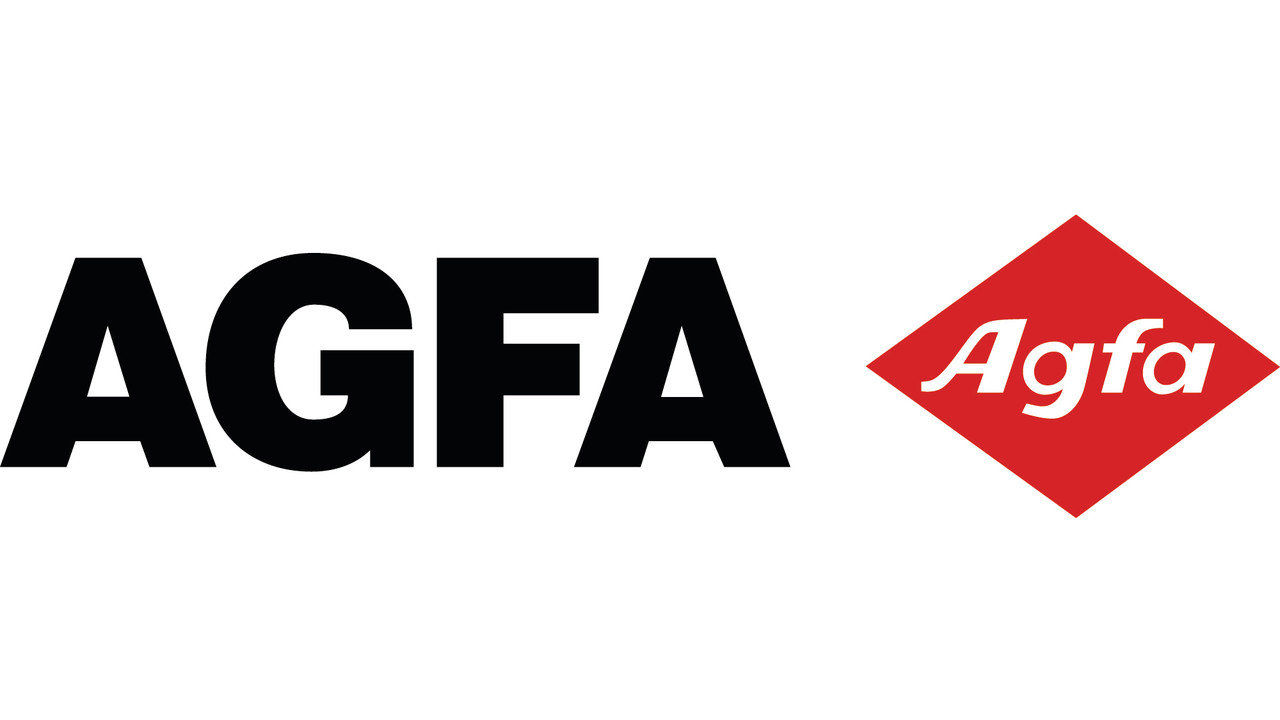Legislation for minimum delivery price aims to stop ‘distorted competition’ against independent bookshops
At her independent bookshop in the small, rural town of Puy-en-Velay in southern France, Anne Helman had seen an influx of customers since the coronavirus pandemic who said they would rather buy books in person than online.
“I’ve never sold as many copies of Albert Camus’s The Plague,” she said. “Children wanted fantasy books. Adults wanted novels and the classics, particularly stories about viruses and the apocalypse. There has been a newfound enthusiasm for buying locally and supporting independent bookshops; it’s seen as the virtuous thing to do.”
The French government is seizing on this increased support for independent bookshops to pursue its war against the domination of big tech firms. In a blow to Amazon, new legislation in France is to set a minimum price for book deliveries, in order to stop what the government calls “distorted competition” against independent bookshops from digital giants who deliver books for a charge of as little as €0.01.
The French culture minister, Roselyne Bachelot, begged the nation during one lockdown: “Do not buy books from online platforms!” Now the French parliament is limiting the market advantages of net giants, which it hopes could set a precedent for other European countries seeking to protect small bookstores. The minimum delivery fee, which still has to be decided in negotiations with the state regulator, should come into force next year.
Passing laws to protect books and the book trade is a rare point of political consensus in France, where debate has otherwise become increasingly tense in the run-up to next year’s presidential race. Emmanuel Macron has declared reading “a national priority”, extending opening hours for libraries. The move to force net giants to charge the same for delivery as small bookshops is part of the French notion of “cultural exceptionalism”, which has long sought to shield books and independent booksellers from the ravages of free-market forces.
In contrast to the UK’s famous three-for-two deals on novels, the French state fixes the prices of books and readers pay the same for a new book whether they buy online, at a high-street giant or a small bookseller. The law allows for a maximum discount on books of only 5%. It has helped preserve France’s 3,500 independent bookshops – more than three times the number in the UK – which account for 12,000 jobs.
But while French law bans free book deliveries, Amazon and other big companies selling online have circumvented this by charging just a single centime for shipping a book. Independent bookshops, to keep their narrow margins, have to charge much higher post-office prices. “Local bookstores typically have to charge about €6 [£5] or €7 for sending a book, so there was a considerable gap,” said Géraldine Bannier, a centrist MP who presented the law in the lower house of parliament. “This is about defending the diversity of where people can buy their books. It is very important to us.”
More than 20% of the 435m books sold in France in 2019 were bought online.
The fate of French independent bookstores during the pandemic has greatly influenced the new law. France had three nationwide lockdowns. During the first two, bookshops remained closed, despite protests from writers and publishers. But during the second lockdown, in November 2020, the government reimbursed delivery fees for small independent booksellers. It resulted in small shops maintaining 70% of their business. “It showed what a brake on business the postage costs are for local bookstores,” said the rightwing senator Laure Darcos who drafted the law.
In the final lockdown this spring, books were deemed essential items and bookshops stayed open, with historically high numbers of customers flocking to buy from them. Across France, independent bookshops saw a year-on-year fall in sales of only 3.3% in 2020 despite three months of closures.
Amazon warned that new legislation fixing delivery prices would “weigh on the purchasing power of consumers” and affect readers in small towns and rural areas. French politicians argued that people who bought books online tended to live in big cities and urban areas, while independent bookshops were present in rural areas in France.
Wilfrid Séjeau, the owner of the independent bookshop Le Cyprès in Nevers, Burgundy, said he had posted about 70 books a day to customers during France’s second lockdown last year, wrapping many as gifts. When his shop reopened, there was a marked rise in customers from the surrounding rural area. “People realised certain things are precious,” he said of the human link between a bookseller and customer. “A person might buy a lot of books on Amazon but also enjoy browsing in small bookshops. People often save a book into their basket on Amazon as soon as they hear about it so they don’t forget. Now they tell us: ‘I’m stopping that, I’ll send you a list or reserve on your site instead.’” His trade is up and he has created two jobs since the pandemic in the two independent bookstores he runs on the same street, along with a stationery shop.
Guillaume Husson of the French booksellers’ union, the Syndicat de la Librairie Française, said the law was about preserving bookstores as a meeting place in town centres, but also protecting publishers. “Independent bookstores don’t sell the same things as other sales points – they have more first-time novelists, more challenging publications – that has allowed hundreds of publishers and writers to exist.”
Vincent Chabault, a sociologist at the University of Paris, saw good sales during the pandemic for his book Éloge du Magasin: Contre l’Amazonisation (In Praise of Shops: Against Amazonisation). He said small independent bookshops, which remained fragile, had become “the symbol of resistance against online platforms and Amazon” adding: “One thing we’ve learned from the Covid crisis is that digital capitalism has progressed and there’s a need to preserve places and moments where we can be together unconnected and offline.”
Back in the Puy-en-Velay bookshop Le Chat Perché, Helman praised the legislation. She had feared for her shop’s survival when Covid first hit, but June 2020 to June 2021 proved to be her most profitable period in 23 years.
She worried that customers had become so used to quick delivery by online giants that it would be a challenge for them to adapt to a slower pace of ordering books from independents. “People are used to ordering something online that pops through the letter box two days later. That’s the one thing which will still be hard to compete with.”
Lire : The Guardian du 1er novembre









































